As part of your preparation for a MUN conference, it is a good idea to learn a bit more about the United Nations itself. We have compiled a list of books that have been recommended by Oxford University students about global politics and the UN. We have included a mixture of books that will inspire you to consider diplomacy as a career and books that will force you to think more critically about the structural deficiencies of the UN.
Education of an Idealist by Samantha Power
In this Pulitzer Prize-winning memoir, Power traces her journey from Irish immigrant in America to war correspondent to US Ambassador at the United Nations. If you are ever left asking 'what can one person do' in the face of so much global injustice, Power has the answer. Everyone can do their bit to advance the cause of human dignity because every action that we take has an impact on the world around us. For Power, idealism is not a fault, it is a strength. The book follows her career, the struggles that she faced and the obstacles that she overcame in order to become one of America's foremost thinkers on foreign policy.
War on Peace by Ronan Farrow
In this powerful and informative book, investigative journalist Ronan Farrow makes the case for an endangered profession: diplomacy. Including interviews with policymakers, whistleblowers and even a warlord, the book sheds a new light on American foreign policy. Farrow explores the political, military and diplomatic entanglements of some of the most complex international conflicts in modern history, focussing on the crucial part played by diplomats. Ultimately, Farrow argues that it is diplomacy, and not military strength, that will keep the world from war.
Women of the World: The Rise of the Female Diplomat by Helen McCarthy
Until 1946, no British woman could officially represent her nation abroad. In this book, McCarthy traces the battles against prejudice and oppression undertaken by British women seeking to build a more peaceful world as diplomats. The book prompts a drastic rethinking of the male-dominated version of the history of British diplomacy, arguing that women have had a huge yet uncelebrated impact on the international stage.
A Life in Peace and War by Brian Urquhart
Written by former Under-Secretary-General for Special Political Affairs, Sir Brian Urquhart asks how it is possible to sustain peace in an increasingly violent world. In this book, Urquhart explores the limitations as well as the possibilities of peacekeeping missions, tracing the history of UN missions all the way back to its founding, at which he himself was present. This is a great place to start if you want to learn more about the history of the UN.
Prisoners of Geography by Tim Marshall
Former Sky News Diplomatic Editor Tim Marshall tackles familiar conflicts with a fresh new perspective, exploring global politics by studying 10 maps. Marshall reminds us that geography is the ultimate deciding factor in human history and that no matter how hard we try, we are not in control of our own fate.
Who rules the World? by Noam Chomsky
Written by the world's foremost intellectual activist, this book is an intense scrutiny of policies, politicians, global institutions and the media. Chomsky argues that the political elite are no longer concerned by democratic constraints, and are increasingly acting in a self-interested fashion. It is the role of the general public to engage in politics, speak up against injustice, and steer the world away from imminent disaster.
The Naked Diplomat by Tom Fletcher
Fletcher was the youngest senior British ambassador for 200 years. In this book, he asks how we can harness the power of technology to improve the quality of life around the world. With the rise of the internet, diplomacy is no longer a career reserved for a few members of the political elite. Now, more than ever before, the world is in dire need of 'citizen diplomats', normal people who choose to hold the powerful to account in any way they can.
Has the West Lost It? A Provocation by Kishore Mahbubani
In this angry and passionate polemic, Mahbubani argues that the West no longer has the ultimate political, military and diplomatic power that it has had in the past. In this new era, China and India dawn as the world's strongest economies and the West faces the possibility of being left behind. For Mahbubani, intergovernmental organisations such as the UN are the way forward if we hope to build a more equal and peaceful society for the future.
Five to Rule Them All by David Bosco
Tracing the history of the Security Council from 1945 to the present day, David Bosco asks the question 'Is the Security Council still fit for purpose?'. For once, we are invited inside the smoke-filled back room of the UNSC to listen to the conversations between the most powerful figures in the world. In an exploration of the conflicts that have torn the council apart, Bosco critically evaluates the successes and failures of the so-called ‘Big Five’.
Would the world be better without the UN? by Thomas G. Weiss
In this hard-hitting and informative book, Weiss asks what the world would look like if the United Nations had never existed. By examining the successes and failures of the UN in detail, Weiss argues that whilst the UN falls short in many areas, ultimately it is a far safer alternative to inward-looking nationalistic politics. For Weiss, the UN is capable of reform, and should not be jettisoned for its failures.
Hopefully this has given you a starting point to learn more about the United Nations. If you have any other recommendations that have been left out, please let us know in the comments!

